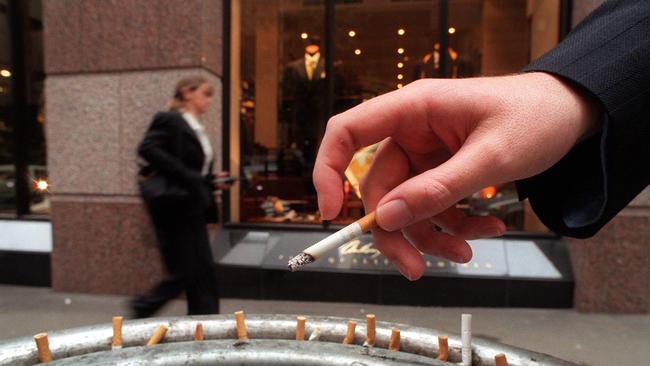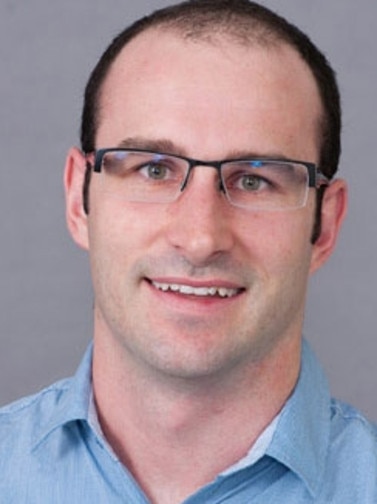World-first trial helps Sydney smokers quit, get paid
CALLING all Sydney smokers — especially those who desperately want to quit. Volunteers are needed for a world-first trial of medication to help people ditch the habit and get paid for taking part.

Manly
Don't miss out on the headlines from Manly. Followed categories will be added to My News.
CALLING all Sydney smokers, especially those who desperately want to quit.
Health researchers are looking for people with a nicotine habit to volunteer to be part of a world-first trial of a new — and cheaper — stop-smoking medication.
The University of NSW’s National Drug and Alcohol Research Centre is studying a quit-smoking aid called cytisine, a natural plant extract.

Trial leader Ryan Courtney said the study would compare cytisine with another smoking cessation aid, the more expensive prescription-only varenicline, available from GPs.
Trial participants will receive the medications for free plus support to help them quit. They will also be paid for their time.
Figures from Australia’s online Health Tracker show about 10 per cent of adults on the northern beaches smoke — below the national average of just under 13 per cent.
“While I am pleased to see the smoking rate in your local area is slightly lower than the NSW average, in reality there is still a large number of smokers (on the northern beaches),” Dr Courtney said.
“If successful (cytisine) may help cut down the high smoking rates in Australia by making this cheaper and natural alternative widely available.
“Cytisine had very promising results in a recent New Zealand trial compared to nicotine replacement therapy but there has not been a trial in Australia. And this a rare opportunity providing free quit support.”

It has been reported that cytisine was used by Russian soldiers during World War II to fight off the symptoms of nicotine withdrawal.
Troops smoked the golden rain acacia plant. It has been popular in eastern Europe since then.
Overseas, manufacturers extract the active ingredient from the acacia seeds and turn it into pills, which is sold as Tabex or Desmoxan.
Dr Courtney said participants would need to be available for telephone interviews and check-ins over a seven month period.
For information go to 1800 290 612 or email cessate@unsw.edu.au.



